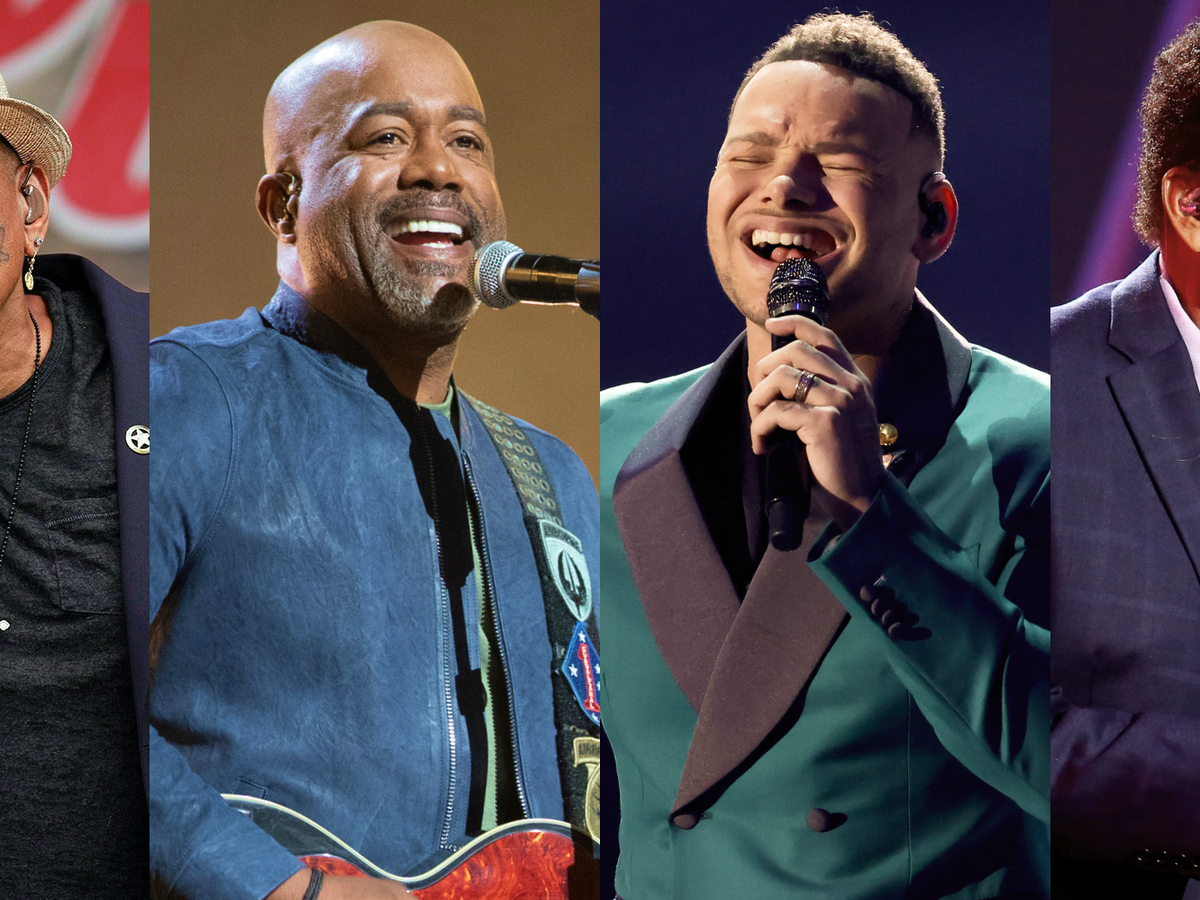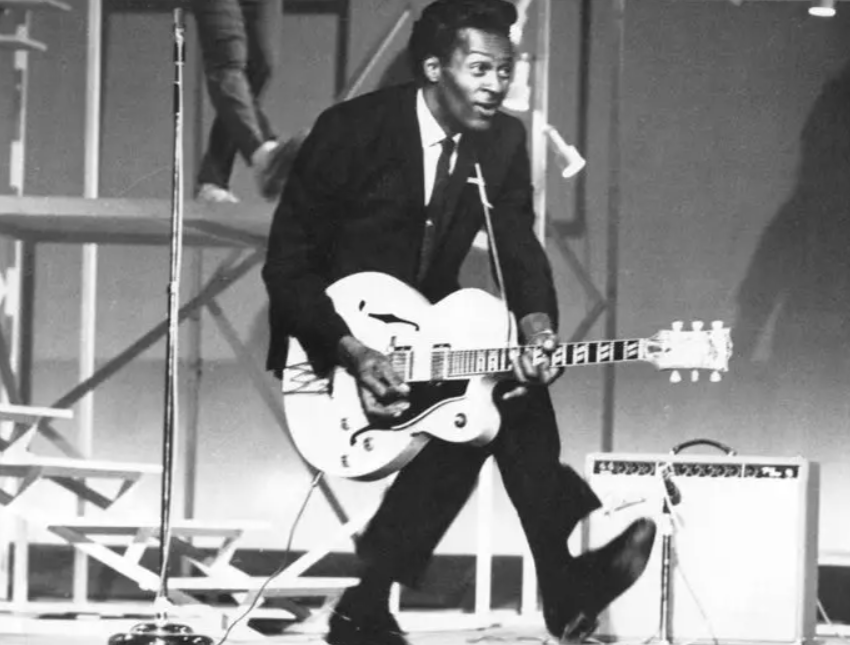(ThyBlackMan.com) The most recent Supreme Court session ended with several blockbuster decisions, two of which involved civil rights and voting rights. These decisions were cheered by some but almost all in the civil rights community and many political leaders including President Obama declared the decisions to be troubling and wrong. As with many of the most controversial decisions issued by the Court these decisions have divided the nation with some on the political “right” arguing that these decisions are long overdue and the nation has changed enough to revisit important aspects of the civil rights laws. Others however are looking at the recent decisions as very harmful to civil rights with some saying they put a dagger into the heart of civil rights laws.
The Supreme Court ruled on two civil rights cases. The first decision involved Title VII of the Civil Rights Act of 1965 and specifically the notion of Affirmative Action which has been the process of giving preferential treatment to minority candidates in college applications and employment in order to rectify past discrimination. The case of Fisher v. University of Texas at Austin involved a white applicant who was denied admission to the University of Texas. The student sued the university and the Supreme Court sent the case back to an appeals court for further review, and in the process left the argument as to whether affirmative action is unconstitutional for another day. Most analysts had expected the Court to strike down affirmative action as unconstitutional but the Court argued that at least in this case those bringing the case did not ask them to do that. This is a barometer to those that are supporters of Civil Rights legislation that the Court will continue to weaken affirmative action until it eventually strikes it down.
sent the case back to an appeals court for further review, and in the process left the argument as to whether affirmative action is unconstitutional for another day. Most analysts had expected the Court to strike down affirmative action as unconstitutional but the Court argued that at least in this case those bringing the case did not ask them to do that. This is a barometer to those that are supporters of Civil Rights legislation that the Court will continue to weaken affirmative action until it eventually strikes it down.
It was the second civil rights case that got most of the headlines and caused such concern in the civil rights community. The case known as Shelby Country, Alabama v. Holder centered on Title IV and Title V of the voting rights act. Title V required certain states and jurisdictions that had a long history of voter suppression and voting irregularity to get permission from the United States Department of Justice before making any changes to their voting process. These changes could be as simple as determining where voting booths would be placed.
In order to enforce Title V, Congress included Title IV in the law. Title IV defines the mechanism by which jurisdictions fall under the purview of Title IV. Congress used Title IV to determine which states and which individual jurisdictions would require federal scrutiny. They did this by reviewing historical data to determine if the state or jurisdiction had exhibited a past history of voting discrimination. Once on the list a state or jurisdiction was required to seek federal approval for voting changes but they could also demonstrate a significant improvement in voting rights and petition to be removed from the list. Periodically Congress must review the entire Voting Rights Act and determine if it should be renewed. The last review was in 2006 and a super majority of Congress voted to renew and the renewal was signed by then President George W. Bush.
The Supreme Court was asked to review Titles IV and V and determine if the states and jurisdictions that fell under the watchful eye of the federal government had changed enough to no longer require scrutiny. The Court was also asked to issue an opinion as to whether the data used to define the mechanism was updated since it relied on the demographics in place in 1965.
In a very divided 5-4 decision, the Justices ruled that Title IV was indeed unconstitutional since the data used to determine which states and individual jurisdictions fell under federal scrutiny was outdated and Congress had not updated the data since the original law was passed. The Court did not strike down Title V. This means that states and individual jurisdictions can still be required to seek federal approval for voting changes, but until Congress redefines the mechanism for choosing which states require scrutiny, Title V is essentially invalid.
For the jurisdictions that fell under the eye of the Department of Justice “DOJ”, the decision was cause for celebration for some and heartbreak for others. Many of the jurisdictions were Southern States and counties that, while part of a painful past history of racial discrimination, and social injustice now claim they are diverse and in some cases majority African American. In fact there was one jurisdiction in North Carolina that fit this new demographic so you had the strange situation of a jurisdiction where most public officials were African American, but that still had to seek federal approval for changes to voting patterns. For the civil rights community the Supreme Court’s decision was devastating.
They argue that the law has been one of the most successful pieces of legislation in American History and there was no need to change it since many of the same jurisdictions covered under the law are still trying to manipulate voting patterns, albeit more subtly than in the past. They point to the recent voter ID laws which put a heavy burden on poor, mostly minority voters, who may not have a picture ID. These leaders also understand that while the Court left Title V intact, pending action by Congress, that in our current world of Congressional dysfunction, there is very little chance that Congress will act in the near future. It could be years if not decades before a new mechanism is in place under Title IV and before Title V is back as a powerful tool of civil rights.
Given the passion on both sides, it will be some time before the true meaning of the ruling is clear. When passions cool it is most likely the case that even though both Supreme Court rulings weakened the civil rights laws, they did not upend the entire legal basis for civil rights. The vast majority of the Civil Rights Act remains in force and will most likely never be changed. As far as Affirmative Action is concerned, many argue that the system should change to focus more on socio-economic status rather than race, thus ensuring that all Americans who come from disadvantaged backgrounds can receive some help in attaining the American Dream.
For voting rights, anyone who feels that they have been denied a chance to vote can still bring suit. The Court’s decision shifts the burden of proof from the jurisdiction to the injured party, but the DOJ still has great power to enforce voting rights. The Congress can also revise the mechanism under Title IV at any time setting standards to fit the situation as it exists in 21st Century America.
Staff Writer; Stanley G. Buford
Feel free to connect with this brother via Twitter; Stanley G. and also facebook http://www.facebook.com/sgbuford.




















Leave a Reply